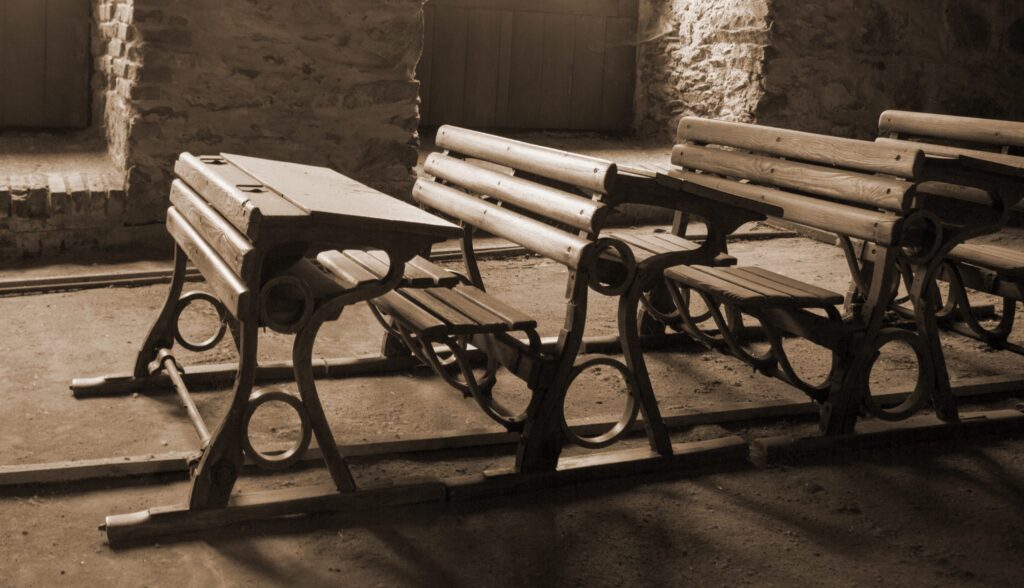Ofqual, the regulator of qualifications in England, have announced that as of September 2013, students will no longer be able to sit A Level exams in January. For the first time since the year 2000, all exams will be taken in the summer term. What are the implications for students and how should teachers manage the change?
 Like all teachers over 30, I sat my A Level exams at the end of two years. It ‘never did me any harm’; there were certainly some positives to linear assessments. For example, we didn’t experience the constant feeling of being in an exam factory, we couldn’t rely on a ‘resit culture’ to get through and there is of course the argument that many students are just not ready for formal exams less than five months after beginning their courses. However, my Upper Sixth students are unhappy with the change. They cite many concerns including the amount of content to remember for the summer, the pressure to get their grades for university without the opportunity for resits, and being ‘in the dark’ about their likely final grade without a January result to go on. Overall I share my students’ fears. While retaking an exam several times could lead to grade inflation, being unable to divide the course into two periods of assessment potentially causes added stress for students. Rather than worrying about protecting the ‘gold standard’ in education (whatever this means) I am more concerned about students being given the best possible chances to succeed.
Like all teachers over 30, I sat my A Level exams at the end of two years. It ‘never did me any harm’; there were certainly some positives to linear assessments. For example, we didn’t experience the constant feeling of being in an exam factory, we couldn’t rely on a ‘resit culture’ to get through and there is of course the argument that many students are just not ready for formal exams less than five months after beginning their courses. However, my Upper Sixth students are unhappy with the change. They cite many concerns including the amount of content to remember for the summer, the pressure to get their grades for university without the opportunity for resits, and being ‘in the dark’ about their likely final grade without a January result to go on. Overall I share my students’ fears. While retaking an exam several times could lead to grade inflation, being unable to divide the course into two periods of assessment potentially causes added stress for students. Rather than worrying about protecting the ‘gold standard’ in education (whatever this means) I am more concerned about students being given the best possible chances to succeed.
How to manage the change
As the reform is now in place, teachers beginning the new school year have to decide how they are going to structure their teaching. Many courses consist of two units. Teaching the units in tandem (such as alternate weeks on each unit) has the benefit of helping students to remember the content, but comes with the difficulty of confusing the students about what they are meant to be doing each week. In the department in which I teach we have opted to teach the units in succession. To help the students we will be doing the following:
- A formal mock exam in December to assess the first unit’s work
- Folder inspections – unpopular with students, but will prevent them from mixing up the content of the two units. (This may seem controlling, but the pad of paper masquerading as a folder with crumpled up worksheets from every subject that many of our students carry around is evidence that they need help with organisation)
- Encouraging good study and organisational skills in a college wide policy
- Weekly workshops from January onwards to revise the content of the first unit.
We will of course have to wait until August to see if linear assessment has an impact on results. I would be interested to know what strategies other teachers are implementing following the scrapping of January exams.
Emily Painter is a teacher of sociology at a sixth form college in Birmingham. She is the lead author of Collins Key Concepts in Sociology
http://www.collinseducation.com/titles/82437/sociology-emily-painter-esther-zarifi-9780007510757



